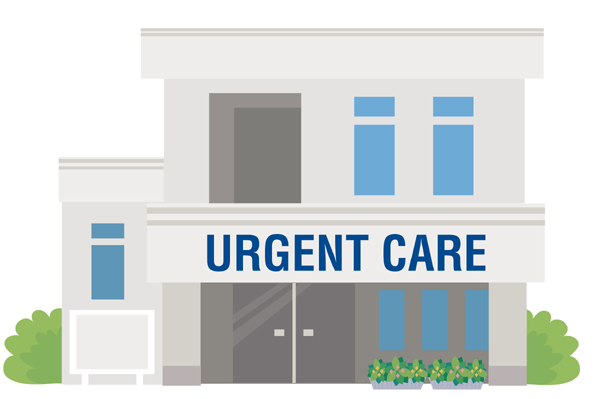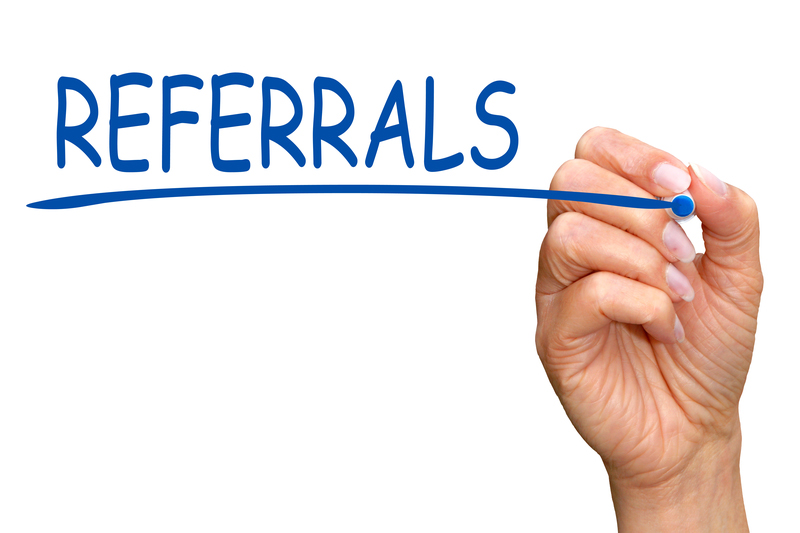Counselling Services
Our Counselling Approach for Flourishing

Our Four Pillar Counselling Wellness Program ensures there is a 360 degree view of the presenting issue a client, couple or family cares to explore. For example, if a client seeks counselling for their anxiety or depression, we undergo a thorough and accurate assessment of their relaxing - resting - sleeping (Pillar 1), work-life stress integration (Pillar 2), movement-nutrition (Pillar 3), and feeling-thinking patterns or regulation (Pillar 4) that have a direct impact of the presenting health issue so we can ensure counselling is successful and sustainable. In other words, we carefully define and then improve a client's daily well-being lifestyle (sleep, physical activity, nutrition, work - life integration, and mood-thought regulation) that collaborates with our counselling techniques to successfully treat the well-being challenges at hand. Concurrently, remembering that stress is a key trigger to over 75% of our physical and psychological healthcare issues, the Centre for Stress Management has developed a unique and insightful set of stress assessment tools and stress reduction techniques that are understandable, believable and actionable for a client's specific work and personal life issues. As a further example, our counselling model will carefully assess and provide counselling techniques for both the presenting issue such as depression as well the stress associated with the client's depression such as poor sleep, unhealthy eating and or a lack of proper physical activity - exercise. In short, our counselling with each client has two key initial processes: i) assess and improve upon the four pillars of wellness (relax-rest-sleep, work-life integration, movement-nutrition, and emotions-thinking regulation) that enhances each client resilience and motivation to work on the issues at hand, and ii) discover the triggers and type of stressors our client is experiencing so our client has more physical and psychological energy to deal with the matters at hand. This type of counselling conducted by Dr Mark for our clients increases the opportunities for restoration and growth, sooner instead of later, that enables our clients to experience joy, satisfaction, and relief in their work and personal lives.
Water your dreams with fear, and they will wilt; with doubt, and they will wither;
with hope, and they will grow; with faith, and they will flourish.
Matshona Dhliwayo
Counselling is never a "quick fix" event to acute and or chronic individual, couple, family or workplace issues. Our counselling is a carefully planned out learning process (confusion down, insight up if you will) whereby we ensure the client experiences in counselling: unconditional positive regard, dignity not pathologizing, empathy not pity, active listening, sharing narratives that inspire insightfulness, questions to gain a deeper understanding of the self, growing a trusting and safe relationship with their counsellor, and defining realistic well-being goals to regain and sustain their overall wellness. In short, our clients begin to experience counselling as "learning, not fixing" process that hopefully inspires that person to embrace lifelong learning as a life value. The counselling sessions are usually sixty (60) minutes long, but there may be times the sessions can be extended to ninety (90) minutes per appointment. Our positive psychology counselling is about "externalizing and normalizing" the presenting issues to remove the unfair stigma that one must be "bad or mad" for being in counselling. Thus, our counselling sessions are individually designed to learn and master well-being coping strategies (or what we refer to as building new healthy habits) to life's challenges due to stress and other contributing physical/social/emotional factors based on the client, not the diagnosis. To the point, we work with the whole client, not a single diagnosis label. We use both visual (whiteboard, videos and handouts) and auditory (storytelling, sharing narratives and insights) mediums in our counselling sessions that increases the chances of learning, remembering, developing new life skills and sustaining flourishing well-being habits.
If you desire to learn more on how we provide counselling in your area of concern, please click on the links to the left. We trust you will find the corresponding pages informative, realistic, action-oriented and evidence-based approaches to help you understand the "what" and the "how" with your well-being and overall wellness. You will find our counselling fees very affordable and compassionate as we employ a case by case sliding fee scale for each client to ensure you can have one less stress factor to deal with when coming to counselling. Should you have any further questions, please feel free to contact us privately and confidentially on info@stresshk.com
Our Well-being | Wellness Counselling Model
The terms wellness and well-being are quite often used interchangeably by practitioners and consumers in healthcare. At the Centre for Stress Management we view well-being as "the various activities that prevent disease, injury or illness, those activities that sustain one's good health, and those habits that improve our state of being." What we call the prevention, sustainment and improvement processes in well-being and the goals in counselling. The term wellness on the other hand is a more comprehensive perspective on how "well" a person is doing in their personal and professional life with stress as well clarifying the absence or presence of an illness at that moment. Wellness has a focus on assessing one's overall emotional and physical health (quality of life) whereas well-being is focused on a person's daily healthy and unhealthy habits that impact their healthy status (behaviors in life). Well-being and wellness concepts have gained global acceptance since 2008 and is a key focus in universal healthcare practices, employee well-being programs and workplce policies. Today we have over 100 well-being and wellness models that governments, businesses, communities, medical, academic and mental health sectors employ that Dr Mark reviews on a regular basis to ensure our counselling meets and exceeds those standards of care.
Feel free to contact us on info@stresshk.com to learn more about how the Centre for Stress Management well-being | wellness counselling model is available for clients to learn and employ in their daily lives. Dr Mark has spent the past 40 years in healthcare in over 11 countries managing and developing various wellness best practice protocols to restore our clients' happyspan, healthspan and lifespan. This combined with our intensive, ongoing research since 2008 on what constitutes a best practice in wellness and well-being lifestyle standards have been the key drivers for Dr Mark to launch the Centre for Stress Management in Hong Kong and in Thailand. In short, we are committed to collaborate with our clients to produce a sustained, positive outcome in their wellness journey and to increase a sense of perspectiveness, deeper states of joy, and consistent adaptability for their personal, school and work lives.

Identify Your Habits - Know Your Habits (The What)
A key focus in our counselling is for clients to explore the type of habits they have in their personal and or professional life, which ones are self-learned versus taught by others, what are the triggers that cause a habit to play out in one's life, and how can we understand the consequences of a habit in the now and in the future. We also explore what emotional and cognitive factors get an unhealthy habit going as well as what feelings and thoughts sustain healthy and unhealthy habit(s). Learning the construct that repetition is the "food for habits," clients subsequently learn which habits they repeat more frequently that impact their emotional and physical health. Just saying "I want to quite a bad habit" is not enough, a person needs to understand more deeply their unhealthy habits for greater chances of change and growth. In other words, knowing what elements makes an unhealthy habit allows the client to learn a new habit that is positive, sustainable and rewarding. Hence, once we (really) know our unhealthy habits, learning a new habit over time diminishes the presence of a bad habit. Hence, once we better understand our healthy habits, strengthening those good habits allows each of us to sustain a new, positive habit with less effort and failure.
Learn New Habits - Sustain Your Habits (The How)
Our daily well-being habits and overall wellness are deeply dependent a range of stimulations, instinctual reactions, reflections, and making choices. These series of human behaviors subsequently lead us to develop patterns and habits, some healthy, some unhealthy. We look at changing unhealthy habits in one of four ways: removing the habit (e.g. stop doing drugs), reducing that habit (e.g. drink 2 cups of coffee a day instead of 4 cups), preventing an unhealthy habit (e.g. learn what type of food groups to reduce), and/or replacing a habit (e.g. walk 10,000 steps a day instead of sitting on the couch all day). A key reason why counselling is unsuccessful when dealing with habits is counselling generally focuses on removing a "bad" lifestyle habit ("I want to get rid of my anger when I play sports."). Dr Mark's 40 years of healthcare/counselling experience has proven that simply removing, reducing, or preventing an unhealthy habit is a short term solution with a high risk that unhealthy habit to return. Hence, our counselling approach with habits is two-fold: a) identify and know your habits (the unhealthy and healthy "what"), and b) learn new, healthy habits to replace the old habits for the brain, mind and body to restore and rejuvenate with life (the "how").

Appointment Only
All counselling sessions require an appointment, we unfortunately cannot provide walk-in services. Cancellation of appointments requires a 24 hour notice to avoid a late cancellation fee which is the counselling fee for that appointment.

Urgent and Emergency Care
We do not provide emergency or urgent care walk-in services. Please call 999 in the event there is a need for urgent medical care or police-fire services. You may also visit the nearest A&E at your local hospital or a medical doctor's office for care.

Online Counselling Services
We provide affordable online counselling services for our Hong Kong and international clients with various internet platforms and apps such as Zoom, WhatsApp, Viber, Line, Teams, Webex, Google Meet, GoTo and others.

Referral Services
We have long-standing professional working relationships with hospitals, medical clinics, doctors, counsellors, wellness centres, and drug rehab facilities that we are more than glad to recommend and/or refer to in Hong Kong, Asia and overseas.